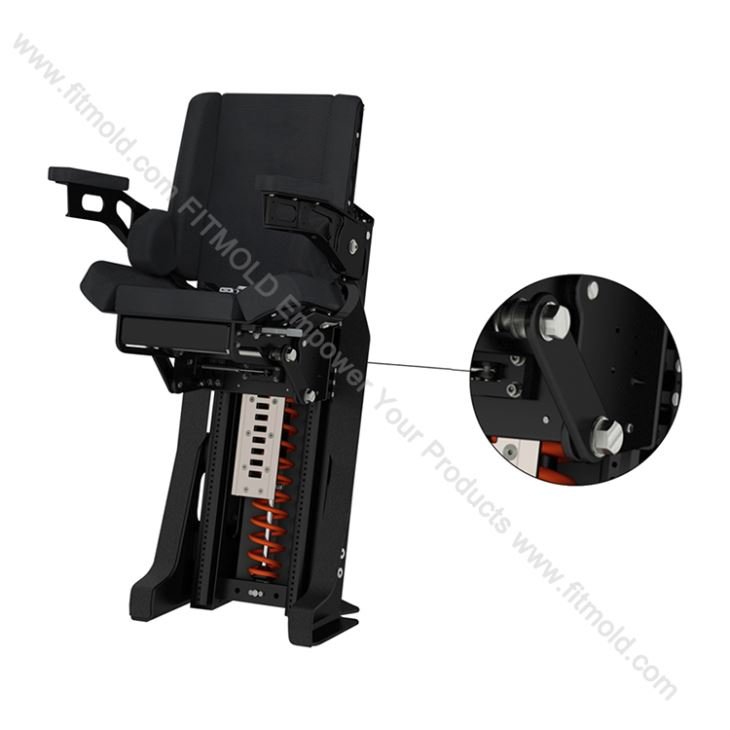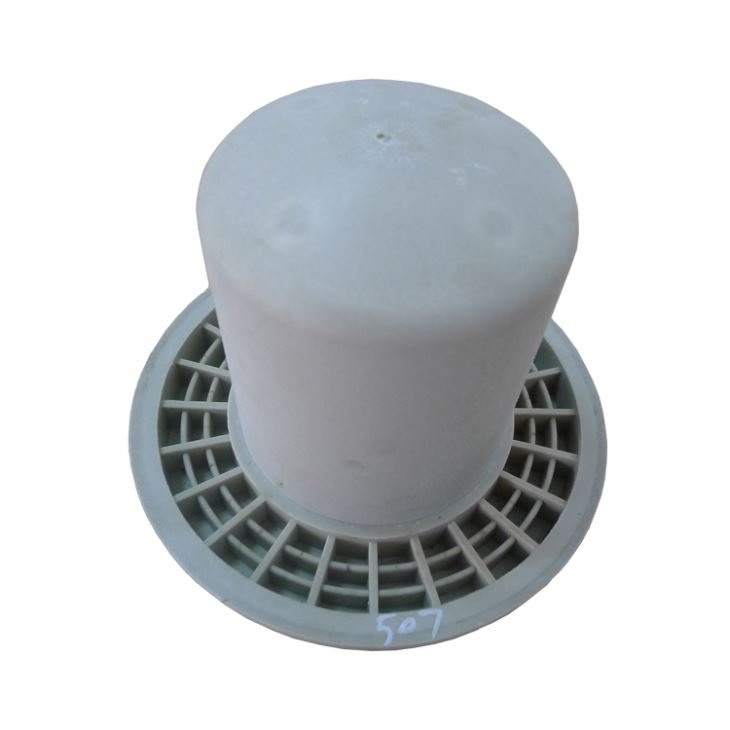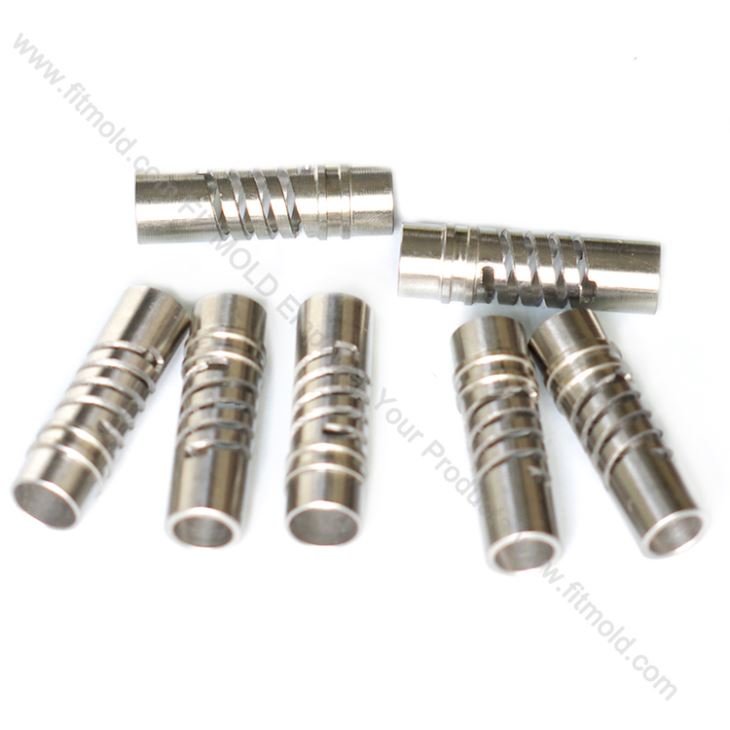
Demand For Lightweight Solutions Is Strong
New materials such as foams and composites are also booming due to their high product stability and light weight. Lightweight materials also reduce production, transportation and fuel costs.
Visitors to the Fakuma show can see how automotive body parts and consumer goods are economically produced using lightweight materials. In addition, the show will showcase the special machines and tooling required to process and produce lightweight materials. Lightweight materials with excellent performance will be the highlight of exhibiting materials suppliers.
In a variety of applications, the automotive industry has enormous potential for lightweight materials. As far as the requirements are concerned, lightweight also requires materials with high strength, low creep levels and excellent processing properties. While demand for alternative metals continues to drive demand for these materials, performance-enhancing technologies such as turbocharged engines and advanced drivetrains place stringent requirements on heat resistance, chemical resistance and low water absorption.
All of these challenges are driving material suppliers to adopt new technologies, and Teknor Apex is one of them. At the show, the company will introduce a new range of high heat resistant glass fiber reinforced polyamide (PA) 66 compounds. According to reports, the Cruamid 240 H7.5 series compound fills the cost-performance gap between standard heat resistant polyamides and expensive specialty polymers. Provides injection molded product manufacturers with more economical alternatives for automotive and other metal replacement parts.
The new compound has the strength and stiffness of high-content glass-filled engineered polymers, while its critical mechanical properties remain high even after continuous use at 240 °C. The current supply of glass fiber content is 35, 50 or 60%, and the performance retention rate is significantly improved compared to similar glass fiber filled standard PA 66 compound. At the same time, they are about 30% lower per kilogram than high performance polymers such as polyphthalamide (PPA) or PA 4.6, but with comparable performance.
At the show, AKRO-PLASTIC will focus on plastic-metal composites and PA 6.6 alternatives for lightweight construction. AKRO-PLASTIC’s new result in the replacement of PA 6.6 is called AKROMID B+. The compound was reinforced with 50% glass fiber and used as the adjusted PA 6.6 GF50 (115 MPa breaking stress) with the same strength at 80 °C. After adjusting the formulation, the stiffness of the material also reached the level of PA 6.6.
Covestro will also showcase innovative, sustainable plastic solutions for a variety of industries at the show. Products and technologies meet the requirements of mobile traffic, progressive digital, 3D printing and energy efficient lighting. An important theme of the company’s booth is a sturdy, lightweight, aesthetically pleasing fiber composite that can be used in energy-efficient and resource-saving applications.
The global demand for high-strength lightweight materials is increasing, and Covestro’s Maezio Continuous Fiber Reinforced Thermoplastic Composite (CFRTP) meets these requirements and provides an economical and scalable manufacturing solution for high volume products. Materials used to package lithium-ion batteries must be highly dimensionally stable to enable precise and tight retention of a large number of batteries. Depending on the design principle of the battery, the material must also be flame retardant, and various polycarbonate blends are well suited for this application. At the show, Covestro will showcase this battery module for use as a storage device.








